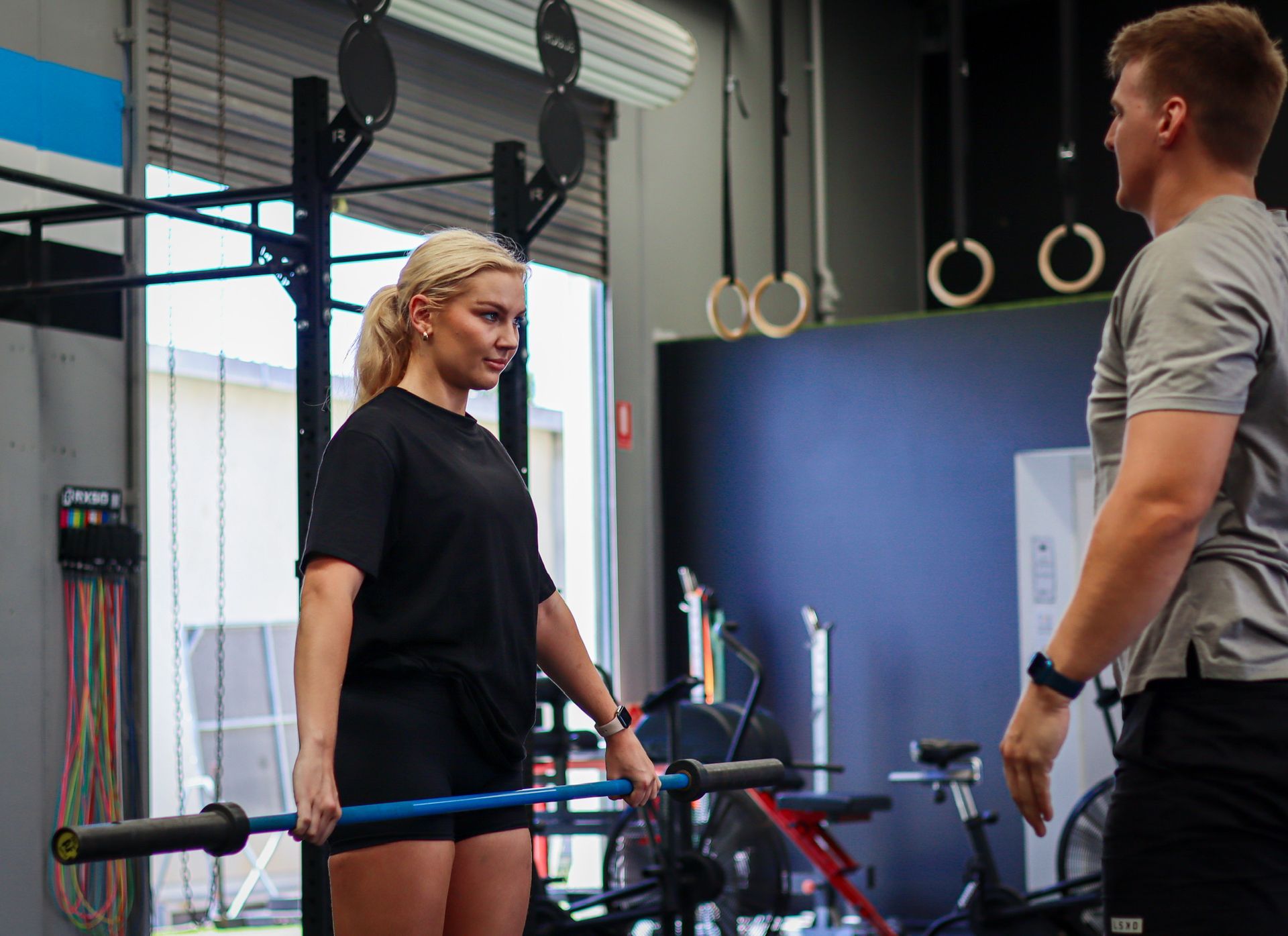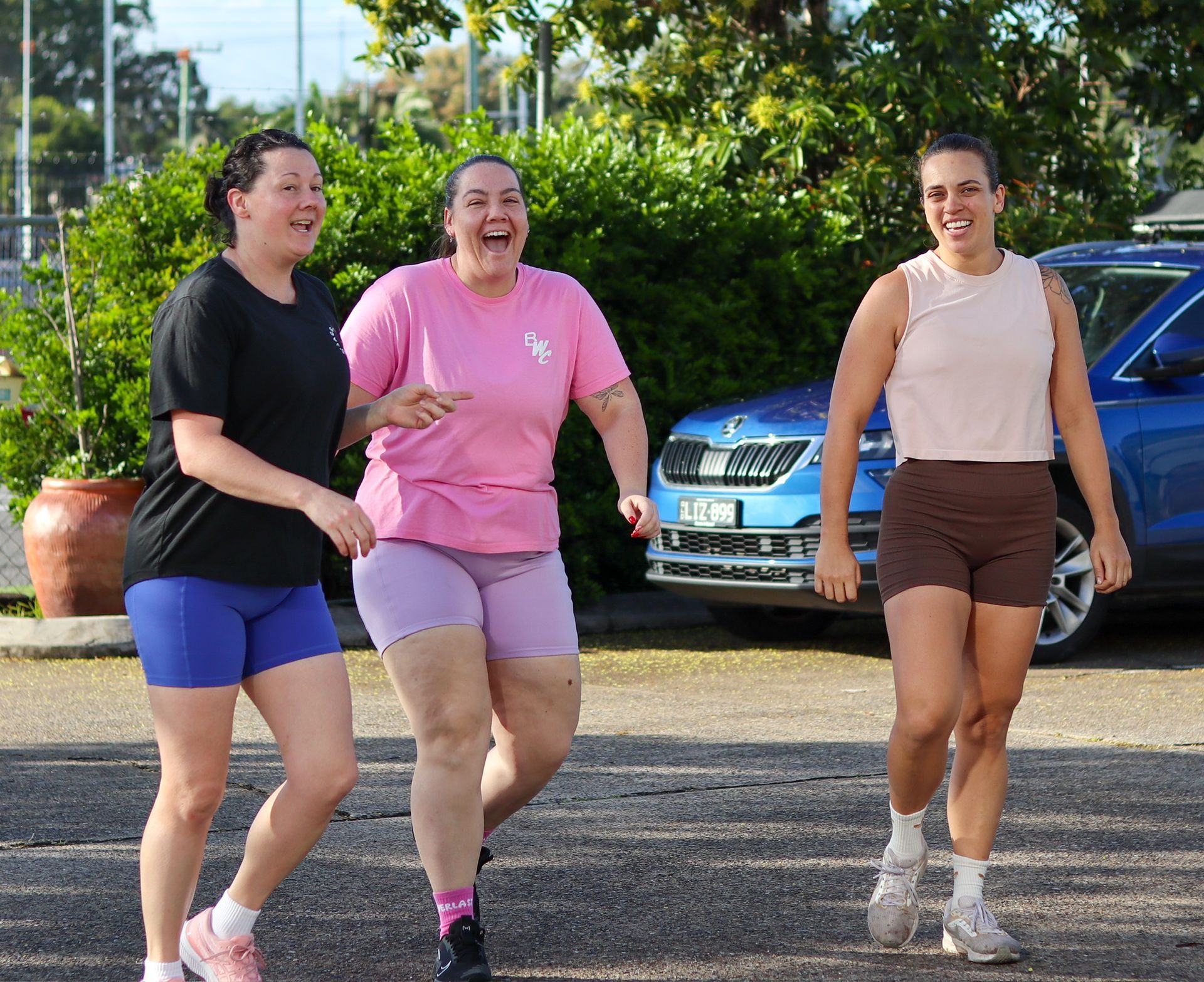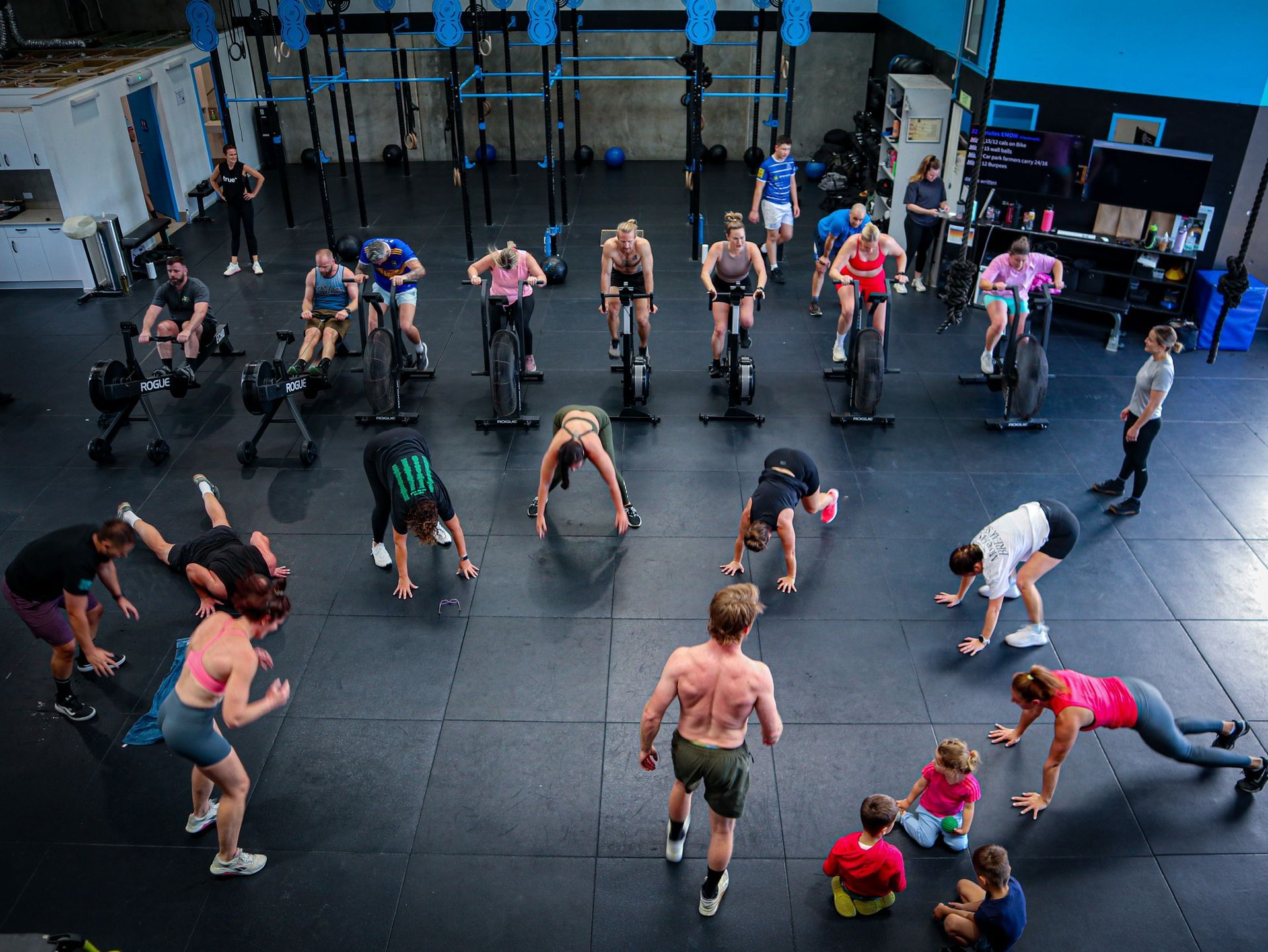How To Lose Body Fat Without Tracking Your Calories
When on your weight-loss journey, it can be challenging to track your calories all the time. While it can make things easier, (remember, that which gets measured gets managed) it isn't necessarily essential. You can lose weight without tracking calories. There are some simple steps you can take to make that journey more effective. Diets and staying at your maintenance When starting a diet, keeping track of your calories can make sense. It gives you a sense of direction and more of an idea about what you’re eating, how much you’re eating and how much food you really require to feel full. However, for some people this can feel daunting. James says, calorie cuts aren't forever. “If they are 1,500 calories now, they believe they have it for the rest of their lives. They get so motivated in the beginning, and then they go off,” he explains. “That's the whole diet culture, right?' says Sean. 'People traditionally attempt to diet, it’s for 8-12 weeks on calories and then they get results, they finish, things don’t stay the way you want them to stay. And then they are like ‘Shit, I’m going to have to look like this. I need to stay on 1,200 calories forever and that sucks.'But that’s not how you should feel, dieting is just a way in which you lose body fat, and eventually, as you reach your goal, you then need to enter a maintenance phase and learn to live there. “Diets do not need to be sustainable, but you need to find a way to live at maintenance,' says James. 'When you diet or after you finish your diet, maintaining that current weight, the body composition you are in, while eating as much food as possible is what’s required of you. But you need to allow yourself to eat as much food as possible, you need to allow yourself and your body time to go through all these metabolic processes.'James says when you eat less, you typically move less as your energy levels decrease. “Look at the energy in and energy out equation,' he says. 'People in the diet industry think about ‘move more, eat less. But really when you eat less, you move less over time. So, once you give yourself food and give yourself energy, magically you’re training a lot better, which will help you build muscle and with an increase in food, you'll also see an increase in non-exercise activity, which will aid in weight-loss.' Ways to lose body fat without tracking calories:As qualified nutritionists and PTs, the boys outline some simple ways in which you can lose body fat, without constantly having to track your calories. Meal plansMeal plans take the guess work out of food - and have nutritional information readily available. They can help standardise your eating. “The overarching principle to fat loss is calories in vs calories out. So, the meal plan should adhere to that. You can’t just follow any sort of meal plan at the crux of it. These meal plans are going to be calorie controlled. The dietitian creates a meal plan based on what they presume to be a calorie deficit for you. If you can adhere to the diet plan, more often than not, you will lose weight because again, it just requires that level of adherence that changes what you have been doing. If they’ve been around you and you do it right, you will be in deficit,” shares Sean.How long you use a meal plan without getting bored of the food is typically the challenge. Mindfulness while eatingThere’s no denying that when we eat mindlessly, due to which we’re often eating bigger portions than we normally would.We don’t appreciate the food we’re eating because again, we’re not being mindful, we’re not focusing on what we’re consuming, and we don’t understand when we’ve gotten full. “Once you become aware of how certain foods make you feel, and the level of fullness that you can get by simply slowing down, you can eat a little bit less, and you enjoy the food more,” says Sean.'The slowerr you eat, the more time your body has to digest the food,' explains James.Limit energy-dense, low-nutrient foodsJames recommends limiting energy dense foods. “I don’t like saying foods are good or bad, or right or wrong and it has its place, but you want to be nourishing your body, you want to be giving what your body needs to thrive because you will feel like a better healthy human when you’re eating foods that nourish you. And if you are constantly eating junk foods, you will adapt to feeling like shit. So, I'll always say, the amount of food you eat will dictate the size of you objectively, but the quality of the food you eat will dictate how you feel subjectively.”Stop snackingOften when people aren't satiated from meals, they look to snack, and consume unnecessary calories throughout the day due to snacking. Eat more at meal time.“What I see is that people have too small a meal, therefore they always need to snack because they are never actually full, they are not nourished. They eat when they are bored. Generally, the meals are low in nutrients, high in energy, low in protein, and they are not moving as much. However, people who eat good lunches, are less likely to have a snack and it’s not a coincidence, they just don’t feel the need to,” says James.Stay hydratedDehydration can lead to overeating - often people who aren't hydrated enough mistake thirst for hunger. James says: “People feel stressed, they feel hungry, they are fatigued, and they think they have these big issues that only food is going to fix. The majority of the time you’re just dehydrated. Humans live in dehydrated states they’re just so used to feeling like shit and they think that it’s normal. Say if I drink one litre of water a day right and then I start drinking three litres a day, if I go back to one or two litres a day, my body will feel dehydrated because my body is going to get rid of the fluids that it though was three litres. But stay hydrated, have some electrolytes within your system, you just need to make sure that you’re getting enough fluids in your diet. Don’t let that be an excuse as to why you can’t succeed.' Want help on changing your body composition? Get in touch with our team of nutritionists.
Previous Blogs




